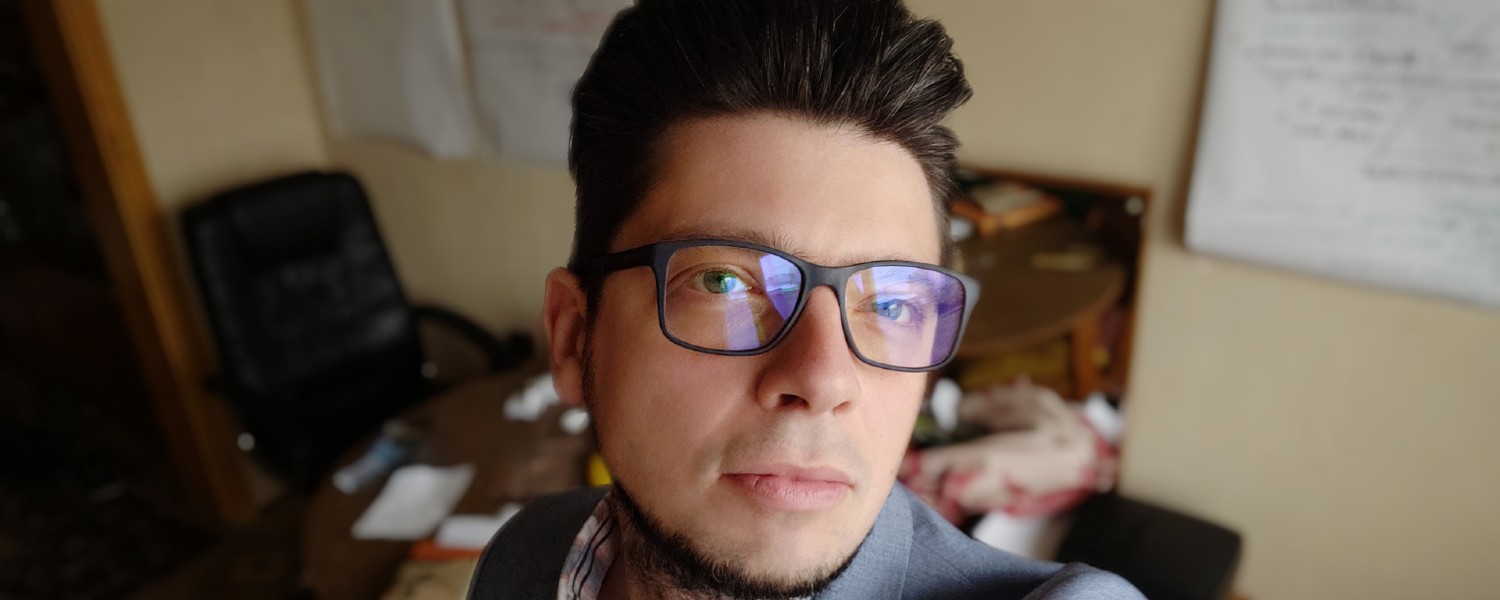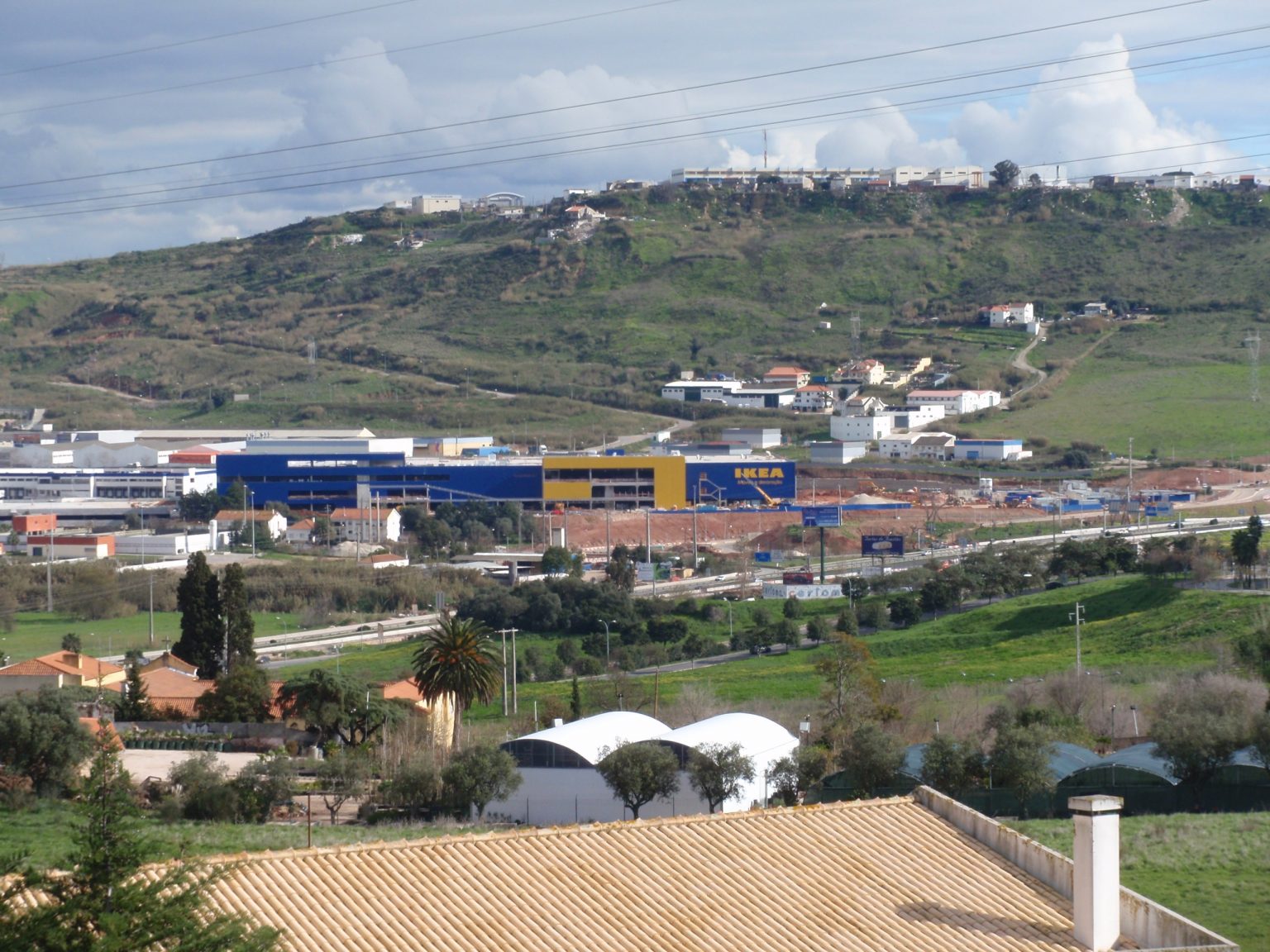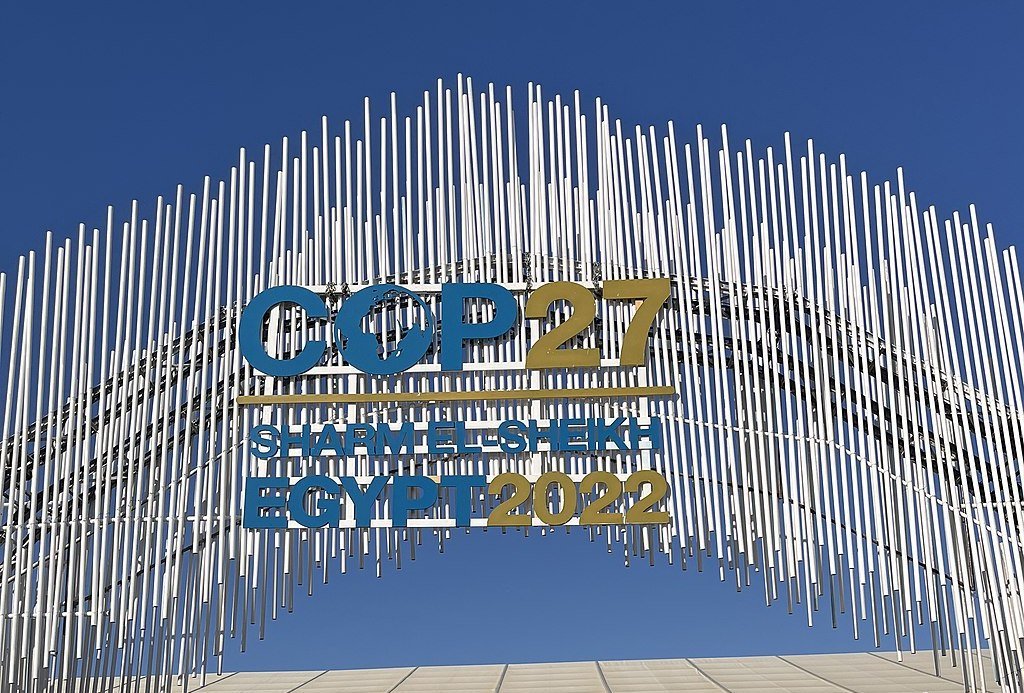This is an excerpt from the transcript of The Analysis’ Paul Jay’s interview with The Barricade’s Boyan Stanislavski, which was published at The Analysis on 20 August 2020. The whole interview can be heard in the following player.


Welcome to theAnalysis.news podcast. This episode is produced in collaboration with Other News. Other News is an international press platform that disseminates analysis, insights, and information about global issues in English, Spanish, and Italian. You can find it at Other News.
Poland is one of the more important countries of Europe in terms of geopolitics and the size of its economy. Yet in North America, we hear very little about it and most of us know even less. Poland is a regional power in Central Europe, with the largest stock exchange in the East Central European zone, the sixth largest economy in the European Union, and 10th largest in all of Europe. Poland maintains a high income economy, along with a relatively high standard of living. At least that’s what it says when you research Poland, we’re going to find out how true all that is.
It has, relatively speaking, high living standards and does well in terms of standards of safety and education. Alongside a developed educational system, the state also provides free university education, Social Security and a universal health care system, none of which you can find in the United States. Poland is one of the closest allies of the US in the world, contributing troops to the invasion of Iraq and supporting the US policy of encirclement of Russia.
Now, joining us to discuss the situation in Poland and its role in the world is Boyan Stanislavski. He’s a Bulgarian and Polish activist, a journalist, an editor, publisher, translator. In the late 90s, he was active in the Polish left and later in the labor movement, particularly the biggest Polish labor confederation, the All Poland Trade Union Alliance. Until 2012, editor in chief of its weekly magazine and senior editor at baricada.org and strike.eu, he’s the Polish correspondent for the Bulgarian National Radio. Thanks for joining us, Boyan.
Thanks for having me.
So why don’t we start with what’s in the news and then get to the bigger picture?
Poland has a very right-wing, almost virtually fundamentalist Catholic government, and there’s been very brutal suppression of the LGBTQ+ community recently.
So tell us, first of all, what’s been happening and why, and where is Polish public opinion on this
Absolutely. What we’re witnessing in Poland right now is a major crackdown on the LGBTQ+ community here, and violence on top of that. And it bears no resemblance to anything that I can think of in the modern Polish history since homosexuality was not outlawed, anymore.
And that happened in the early 30s. And this is, of course, abhorrent because we saw a lot of politically motivated police violence against the LGBTQ+ activists and their supporters. The events that surfaced in the international media that happened last weekend, I don’t want to go into all the details of it, but it was rampant police violence in the very center of Warsaw, the Polish capital, where people were not only beaten up, you know, dragged on the concrete to police cars, massively arrested. I think even the police even went over the top in a way that there was not enough room below the police stations, and so they had to drive the detainees to police stations in small towns.
How many people were involved in the protest?
Well, the protest wasn’t massive. It was about a couple of hundred people and a little more than one hundred were detained afterwards. Turned out that 50, almost 50, were arrested effectively. And all of them, well, at least I haven’t seen any account for anyone to say that their rights as detainees were respected, citizens would have been respected, so that’s why I say all of them were subjected to either minor or major tortures, including sexual harassment. There was some absolutely hair raising reports in the social media, as well as the mainstream oppositional media and the alternative media about how, particularly transgender people that were arrested were stripped of their clothing, under some sort of very weird pretext that some personal search has to be conducted, and their genitals were touched, they were laughed at. It’s really horrendous.
And then people were denied contact with lawyers or family, even MP’s, Polish members of parliament, who tried to intervene to prevent the police from exercising this rampant brutality, were physically assaulted by the police, which is a manifestation of the fact that we now have passed the tipping point and live in an authoritarian state, because when you have MP’s with immunity that are trying to stand between the repressed people and the police and they are being pushed down on the concrete by the police, that means it was obviously politically motivated. The police were instructed to do so. They were also reassured that there will be complete and total impunity.
So why would the government do this when it was only a couple of hundred people, they could have ignored it? Why choose to make such a spectacle of repression?
Yes. Well, that’s because of the nature of this government and the way they perceive politics.
To them politics is not like some conflicting interests in the society or in the economy that one has to be solved as a leader, but is rather a kind of constant game of emotional dis-balancing and emotional exploitation of society. This is their matrix for their political agenda. This is how they work. And because LGBTQ+ is such a symbolic thing and it has the potential of being divisive, that’s why they are doing this. And also, it’s because of the fact that the leader of the current ruling party in Poland, the Law and Justice Party, as you said, quite rightly, introduction to a right wing Catholic fundamentalist party, with a chairman by the name of Kaczynski. He’s a very spiteful and vengeful person, and wants LGBTQ+ activists attracting some public attention and media attention, including international media.
They immediately became enemy number one, and he just had to crack down on them. This is the mentality, authoritarian mentality, I would say, that is behind this. Of course, he could have ignored it, and in the first place, he didn’t have to provoke this because it was presented with a lot of provocative actions on the part of the state against the LGBTQ+ community. It finally brought the people of Warsaw into this sort of spontaneous demonstration that they recently dismantled in such a brutal manner. So it was important for them to do that.
And I think now, since the Russian court, because they were running out of boogeymen for the last couple of years, the number one boogeymen were the Russians. Of course, the Russians are coming, Russian tanks are coming and all the rest of the story. So that kind of started losing inertia, and they had to come up with something else in order to maintain control over the society, because this is the only way they know how to rule.
On the other hand, I want to say that, this itself should not be treated as an isolated incident or, of course, it is an incident and it’s a very violent and horrific one. But this is a symptom of the general disintegration of the Polish society that hasn’t started yesterday, not even a year ago, we’re not even in 2015 when Law and Justice won the parliamentary election and the presidential election for the first time. It’s a process that has been going on for the last three decades. And it’s as long as the Polish restoration of capitalism is so, it all dates back to 1989, really.
And, you know, it’s really strange for the international press to interpret the events, the current events in Poland, not only the ones from the last weekend but in general what’s going on here, as some kind of accident. And it’s like everything was going wrong, and you said it also in the introduction that in the international press, in the American press, you can read only good things about Poland, you were able to read only good things only until 2015 when the Justice took power and something happened.
What was that like? How come suddenly this right wing hooliganism and rampage is in Poland? Well, you know, the left has been trying to warn, and myself as a left activists from 1998, me and my comrades, we have been shouting and screaming at the tops of our lungs and we have been crying about where this so-called peaceful transition is actually leading us to. But no one listened because of course the restoration of capitalism was accompanied by a major ideological offensive where the bottom line was aggressive anti-communism, so we were just ignored. And we said many, many times that this, what is happening in Poland is either going to end up in an authoritarian right wing regime, or what is going to happen is a general decline of the statehood. And actually, it turns out we were pretty optimistic because both of these things happened. Poland as a state, is in a state of decline, so to say, a major decline where the society is totally disintegrated and the state institutions don’t do their job.
They are only instruments in the hands of the ruling party, which is not a party anymore, it’s like a corporation, you know, it’s everywhere. So they are only used for distribution of instruments for securing power, basically for repression. At the same time, everyone is enormously frustrated. And this is how Law and Justice came to power because they decided they’re going to actually use it as leverage.
Why, this integration, when what we read, as you say, is mostly good? For example, we’re told that Poland missed or wasn’t affected by the crash in 07′, 08′, unemployment’s relatively low, so on and so on.
I mean, in terms of the economy, what’s the real story?
Absolutely. So the real story is that economy shrinks very, very drastically already back in the beginning of the 90s. The restoration of capitalism started with the destruction of the economic backbone of the country, which was the heavy industry, and a total withdrawal of the state from the public sphere in general. What followed was privatization, forms of major economic theft, explosion of poverty, mass poverty, something unheard of.
Did it give rise to a class of oligarchs as it did in Russia?
No, not as it did in Russia. The process was milder. I think it was a little more controlled, none the less, rampant poverty, homelessness, and that was of course followed by an eruption of criminality, petty criminality, organized crime, pickpockets, gangsters. And that, in turn was followed by a cultural decline, a civilization or moral decline in the society, because the society had to be reprogrammed in a way. I mean, people had to start struggling for their own individual existence and that had to produce all these pathologies, and the growing frustration, so the frustrations have been piling up for the last 30 years. And it was allowed to pile up without any major eruption because there was a certain consensus made around, the round table between the old so-called Communist Party and the opposition. And one of the consensus was that no matter how hard it is, no matter what hardships the Poles have to go through, we’re not giving them anything, no Social Security, no social benefits, nothing of that kind, and we don’t talk about that. Plus, there was this consensus that we always speak only good things about the transition. Nothing bad can be uttered about it in the public sphere, in the media and so on and so forth. And then with Law and Justice it also has a history of leaders of Law and Justice, Kaczynski that I mentioned, they have a history in Polish politics. But, to make the long story short, they were kind of ousted in the mid-90s, and were functioning somewhere on the periphery of the Polish political system, and they didn’t like that. In 2005, by then they had regrouped and they’d won, they’d made their first big breakthrough by winning the parliamentary elections back then. But the establishment, the previous establishment was so stable that it managed to kick them out again. And so in 2007, they were gathering more and more strength and developing new ideas about how to propagate their ideas, views and what political profile would work best in these situations.
They won in 2015, again, then they said we’re not letting go, like we’re not letting it go this time, we’re really going to stay here for as long as we can, for as long as we can secure a place for us in the Polish establishment, that’s why they’re so aggressive because they know that it’s the only way for them. And they won because they dared to break the consensus. It was just the kind of political game in the elite, like, OK, you play with us that way, you don’t allow us to participate in power and in the process of power, plus not allowing us to be a part of the machine in a way that they could benefit from it as well. So we’re going to play some dirty tricks, too. And they’ve broken the consensus.
In my introduction based on a very cursory piece of research, I said that there is, in Poland, free university education, Social Security, and a universal health care system. If that’s all true, those are all products of a relatively modern European social democracy. So is it true? And if so, then what happened?
Yeah, OK, so absolutely it’s true. And it’s not a product of modern European or Western European social democracy, but it’s a product of the Polish People’s Republic system. That’s what it’s a product of. And it’s only thanks to very, very severe struggles in the 90’s and later, particularly labor union struggles that I participated in, that we managed to keep that. Because, the elite, wanted to destroy that, too. And there were many, many attempts to privatize the health care system, to privatize the education and so on and so forth.
Nevertheless, in comparison to the economic standards before 1989, this neo-liberal experiment that is failing before our very eyes, after 30 years, had catastrophic effects on the society and on the economy. So, yeah, we managed to keep battling for that very seriously.
Some of the most progressive achievements, social achievements, political change, are from before 1989, but most of them were gone. And you know, even if you look at the health care or education. In 1966, there was this major campaign in Poland; build 1000 schools for the 1000 years of the existence of the Polish state. I cannot tell you how many schools they have closed down since 1989, but I’m pretty sure more than one thousand. I can give you all kinds of indicators, statistically speaking, to make it easier to perceive maybe for our listeners.
Yeah go ahead.
Yeah, only the first three years of the so-called transition, from 1990 to 1993, 1500 jobs were liquidated, eliminated from the economy, every single day of the year, including Sundays and holidays, statistically speaking, on average.
We had in 1999, Poland had 31,000 kilometres of railway on which passenger trains operated. Now we have barely 14,000. OK, so in terms of hospitals, I don’t know how many have closed, I mean I don’t have the statistics right in front of me, but it was a major, major downgrade. OK, so it’s like it’s not that, it’s not that the authorities, or the powers that be after 1989 have given us free healthcare and free education.
It’s the fact that the labor movement struggles against demolishing it to the to the core, like eliminating it completely.
So I hope this gives you a sense of what kind of hardships we have been enduring for the last thirty years in Poland and in Eastern Europe in general. And of course, you were right to say Poland is not like such a failed state, like, for example, Ukraine or Moldova or Bulgaria for that matter.
I know you’re going to be speaking with my colleague from Bulgaria sometime later so he can explain that better. But, you know, this is this is something that produced massive frustration in the society. And it’s only the Law and Justice that is taking advantage of it and saying, OK, like we’re now going to openly criticize the transition. We’re going to say that actually many people have lost during the transition. We’re going to say that Poland today, as it is, is not the best of all worlds for all the citizens.
We’re going to say all the most basic things that we know, and we’re, you know, trying to inform the public opinion. But, you know, our access as the left in general to the media and to the public sphere was very, very limited. And it still is limited, of course, but now with the social media and so forth things have changed a little bit.










